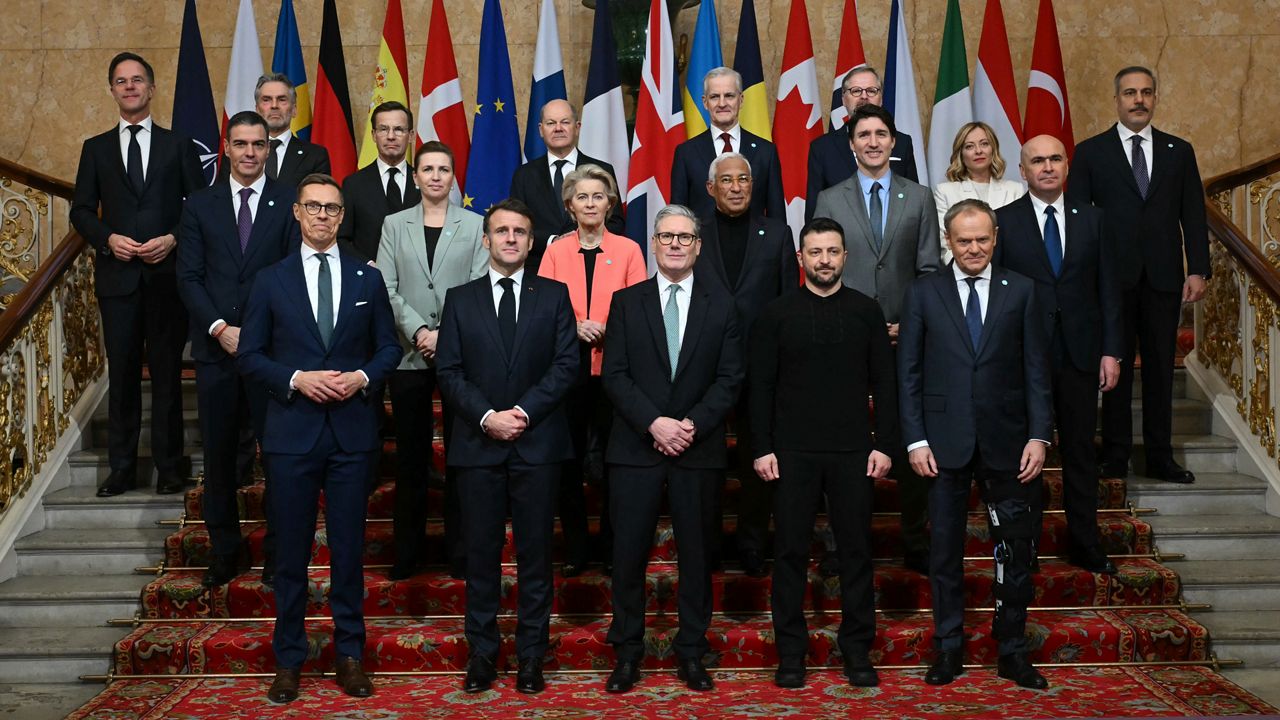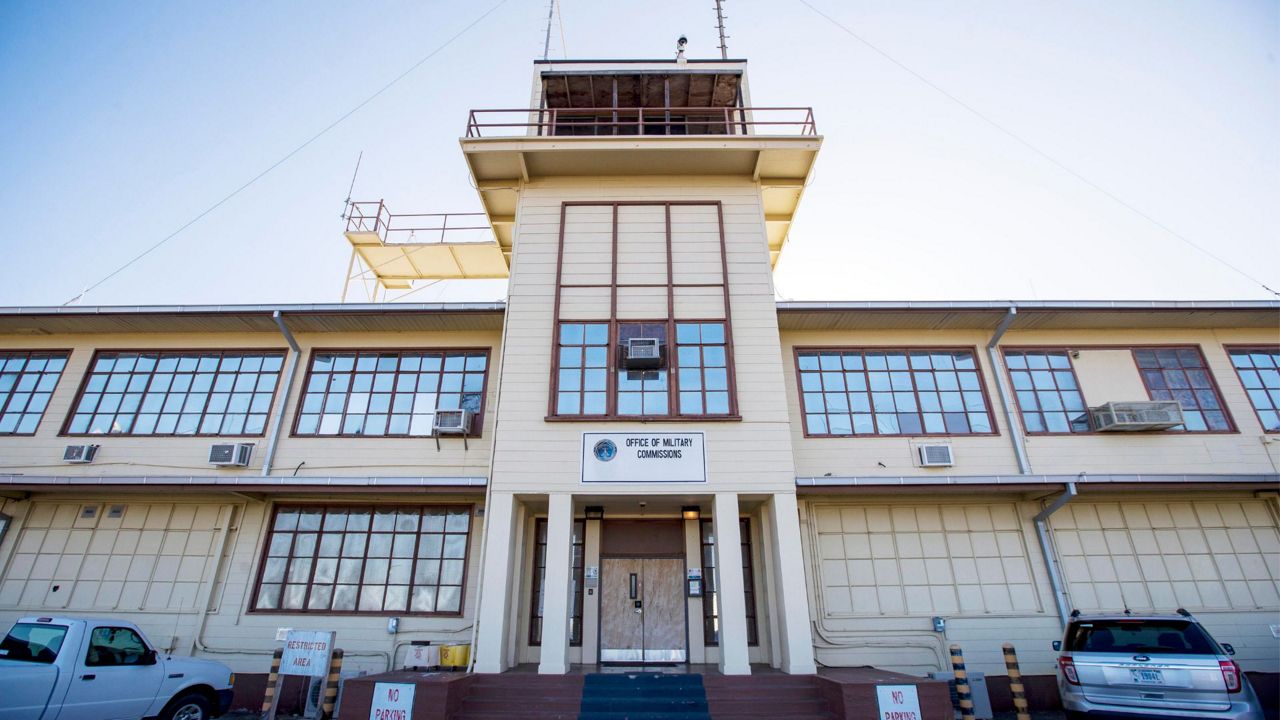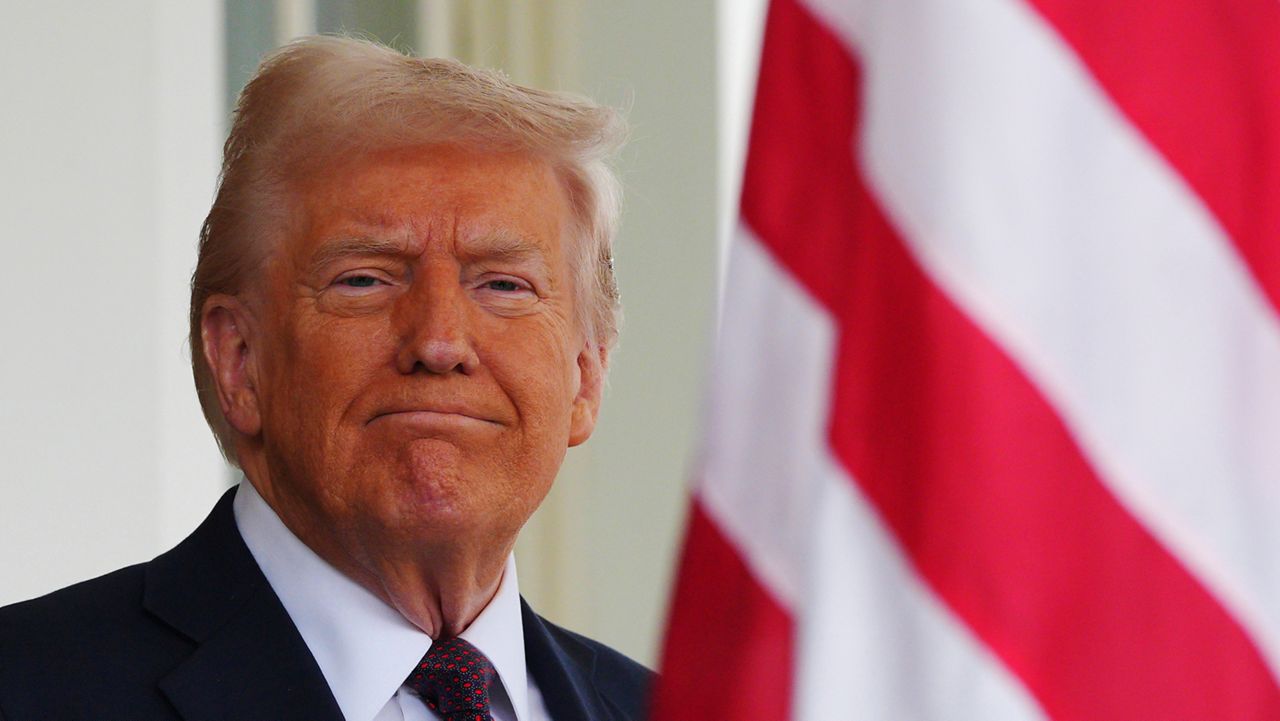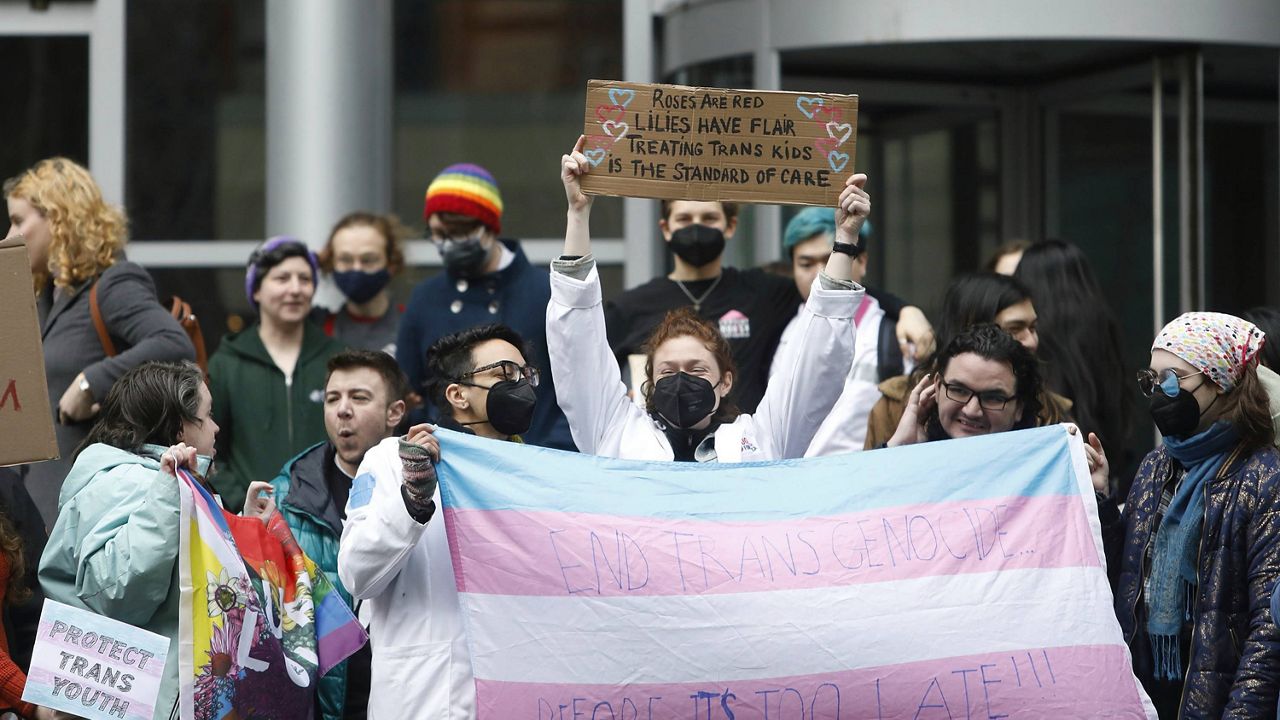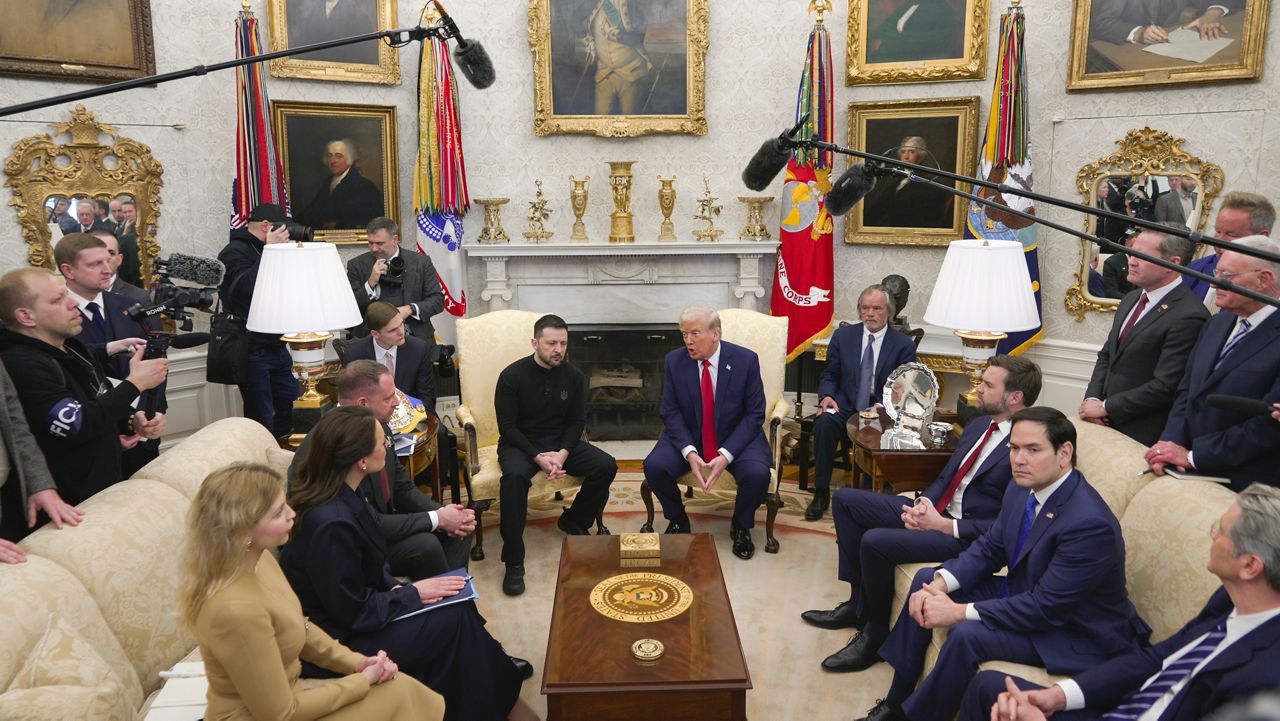LOS ANGELES — On Wednesday, President Trump announced his latest tariff policies after months of speculation.
The President has imposed 10% tariffs on all trading partners. In addition, the President has placed reciprocal tariffs on countries with tariffs on U.S. goods.
He declared April 2 “Liberation Day” because he said it would prevent other countries from taking advantage of the U.S.
However, some economists said tariffs could lead to an all-out trade war.
“I assume other countries are going to respond with their own tariffs when the U.S. imposes these tariffs, and that could lead to tit-for-tat strategies,” said Cris DeRitis, Deputy Chief Economist at Moodys Analytics.
That outcome could have serious consequences for businesses nationwide, including coffee roasters. Coffee’s highly globalized trade is partly because of the limited U.S. coffee production.
Coffee roaster Mark Wain, co-founder of Caffe Luxxe, said tariffs are adding strain to an already stretched thin industry.
“The tariffs aren’t making our jobs any easier. It’s not like we can shift coffee supply from Latin America to coffee that we buy domestically because we don’t have domestic production,” he said.
According to government data, the cost of coffee per pound has more than doubled since this time last year. That’s in part because of flooding and drought in coffee growing countries like Brazil.
“Since the tariffs were going to be imposed, there was a lot of uncertainty in coffee that was purchased that was due to come in, whether that was going to be subject to the tariffs or not. The pricing that we had agreed upon might be changed. There is a lot of uncertainty,” Wain added.
The White House maintains that “tariffs are an effective tool for achieving economic and strategic objectives."
According to the White House, “President Trump will impose 10% tariff on all countries."
This latest round of tariffs will take effect on April 5, 2025.
Some trade goods will not be subjected to these additional 10% tariffs, including: copper, pharmaceuticals, semiconductors, lumber and other minerals that are not available in the U.S.
DeRitis at Moody’s Analytics said conservative economists believe this could lead to more free trade “that it’s a negotiating tactic and that by imposing tariffs other countries will come around.”







